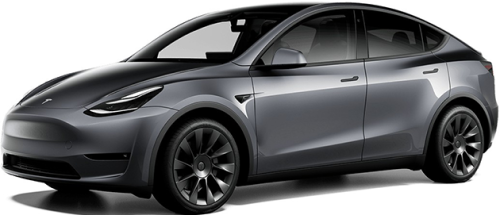|
Car Leasing Deals Bridgwater
|
||
|
Bridgwater Leasing
Did You Know?Bridgwater began as a Saxon village in Somerset. At the time of the Domesday Book (1086) Bridgwater probably had a population of about 160, which made it a fairly large village. At that time Bridgwater had a watermill where grain was ground to flour to make bread for the villagers. Bustling Bridgwater is a busy market town set in the heart of Somerset's vastly contrasting but equally beautiful countryside. The town lies in the valley of the fiercely tidal River Parrett at the foot of the Quantocks, with the Somerset levels and the Mendip Hills stretched out before it. William the Conqueror gave the village and the nearby bridge to one of his followers, Walter of Douai. It became known as the Bridge of Walter and in time Bridgewater. So the bridge gave the town its name. In 1200 King John granted Bridgwater a charter. (A document giving the inhabitants certain rights including the right to hold a market). Once the market was up and running craftsmen and merchants came to live In there and it grew into a town. As well as a weekly market from 1249 Bridgwater had a fair. In the Middle Ages fairs were like markets but they were held only once a year for a period of several days. The fair attracted buyers and sellers from all over Somerset. Medieval Bridgwater was also an important inland port but until 1402 it was officially part of the port of Bristol. Wine from France was imported into the town. Other imports included cloth, grain, beans, peas, and hides. In Bridgwater in the Middle Ages the main industry was making cloth. Wool was woven then fulled. That means it was cleaned and thickened by pounding it in a mixture of water and clay. The cloth was then dyed. In the town, there were also many drapers and tailors. Early in the 13th century a castle was built overlooking Bridgwater. In the middle of the town was the corn market whose name later changed to Cornhill. Penel Orlieu was originally 2 streets, Pynel Street and Orlove Street. Tudor Bridgwater was still a busy port. Fish were brought there and millstones were brought by water from the Forest of Dean. Meanwhile the cloth trade in the town declined in the 16th century but a shipbuilding industry grew up. In the 17th century a new industry began in Bridgwater - brick making. It soon became an important local industry and remained so in the 20th century. In 1694 Bridgwater gained a piped water supply but it was privately owned and you had to pay to be connected. Most people could not afford it. During the 20th century the local brick and tile industry declined. The town welcomed new industries such as Cellophane and now has a much wider industrial and commercial base.
THE BRIDGWATER CAR LEASING SPECIALIST Smart Lease is a trading name of Leaseline Vehicle Management Ltd. We reserve the right to withdraw any offer, service or price without notice. Errors and omissions excepted. |












